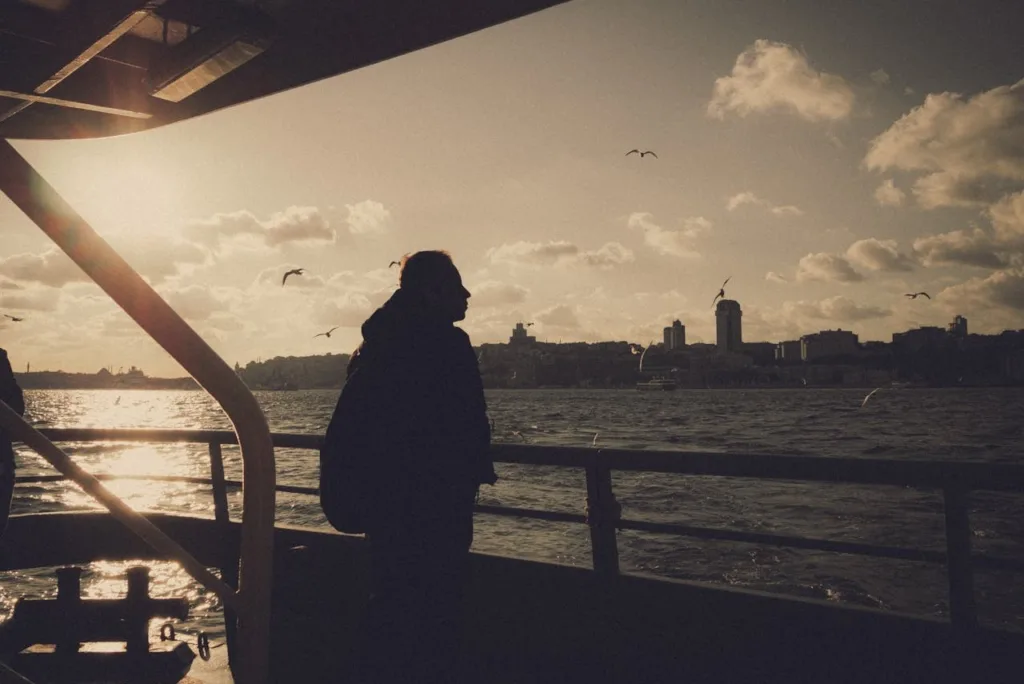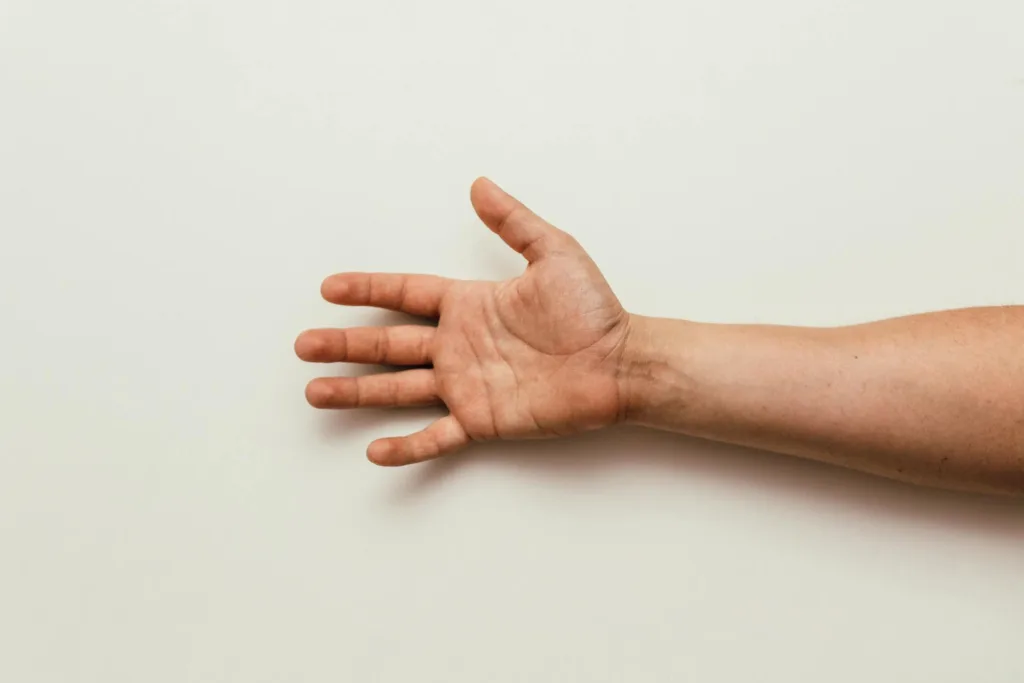The subtropical climate of New Delhi (India) is a hotspot for mosquitoes, increasing the risk of malaria for travelers.
Understanding preventive measures is crucial to stay safe during your visit. This article provides comprehensive guidance on malaria risks in New Delhi and practical steps to protect yourself.
What’s the Risk of Contracting Malaria in New Delhi?
Malaria risk in New Delhi remains moderate to high throughout the year, especially during and after the monsoon season.
The city’s warm and humid climate creates favorable conditions for mosquito breeding, contributing to the spread of malaria. To minimize risk, travelers should be cautious and follow preventive measures, including:
- Consult a doctor for malaria tablets
- Using insect repellent
- Wearing long-sleeved clothing
Avoiding Malaria with Prescription Antimalarial Tablets
Taking malaria tablets is an essential defense against the disease. Before traveling to New Delhi, consult a healthcare professional for preventive antimalarial medication.
Commonly prescribed drugs include malarone, chloroquine, doxycycline, and mefloquine.
Malarone is often preferred due to its high effectiveness and minimal side effects. Starting medication before entering malaria-prone areas is crucial for reliable protection.
Starting Medication: Timing for Protection
Initiating medication before exposure to malaria is vital for effective prevention. Different antimalarial drugs have specific requirements, so it’s essential to follow medical advice regarding timing and dosage.
Malarone, for example, typically needs to be taken 1-2 days before travel and continued for 7 days after departure from the area. This is especially important for how to get malaria tablets for travel. Ensuring proper adherence to medication guidelines enhances its effectiveness.
More Tips for Malaria Prevention
Mosquito Repellent
Purchase effective mosquito repellents containing ingredients like DEET from local stores in New Delhi. Apply repellent generously before going outdoors, especially during peak mosquito activity hours.
Bed Nets and A/C
- Using bed nets treated with insecticides and staying in accommodations with air conditioning can significantly reduce the risk of contracting malaria while traveling.
- These create a physical barrier between you and mosquitoes while you sleep, preventing bites during the night.
- Air conditioning helps keep indoor spaces cool and sealed, making it difficult for mosquitoes to enter, further minimizing exposure to malaria-carrying mosquitoes.
Combining these measures with other preventive strategies provides enough protection to travel with peace-of-mind, knowing your risk of contracting malaria is low.
Navigating Transportation and Malaria Risk Zones
Plan travel routes to minimize exposure to high-risk areas. Opt for enclosed transportation modes, such as air-conditioned taxis or buses, which provide added protection against mosquito bites.
You might want to consider scheduling outdoor activities during times when mosquito activity is typically lower, such as during the day, to further reduce the risk of encountering malaria-carrying mosquitoes.
If Possible, Avoid Stagnant Water and Humid Areas
Nearby, around and outside of the city, you may find areas with small bodies of water, along with humid zones.
These are more likely to attract mosquitos, and you may want to steer towards avoiding these areas during dawn and dusk periods.
Mosquitoes often seek shelter and resting places in dense vegetation, including tall grass, bushes, and shrubs. Vegetated areas provide protection from predators and harsh weather conditions, making them attractive habitats for mosquitoes. Keeping these thoughts in mind can decrease your odds of contracting malaria.
Recognizing Symptoms: Early Detection for Timely Action
Familiarize yourself with common malaria symptoms, such as:
- Fever
- Chills
- Headache and muscle aches
Seek medical attention promptly if you experience these symptoms, even if you’re taking preventive medication. Early detection provides prompt treatment and reduces the risk of complications.
Beyond Medication: Common Considerations for Malaria
Health Centers and Emergency Preparedness:
Identify healthcare facilities in New Delhi, including hospitals and clinics equipped to handle malaria cases. Keep emergency contact numbers handy and consider obtaining travel insurance for medical coverage.
Stay Updated with Local Health Advisories:
Monitor local health advisories for updates on prevalent diseases and recommended preventive measures. Adapt your strategies accordingly to enhance protection against malaria.
Health and Wellness During Travel:
Maintain a healthy lifestyle by prioritizing nutrition, exercise, and adequate sleep.
- Eating a balanced diet rich in fruits, vegetables, and lean proteins supports a strong immune system, helping your body fend off infections like malaria.
- Regular exercise boosts overall health and may enhance immune function, while sufficient sleep allows your body to recharge and effectively combat illnesses.
By incorporating these general health practices into your routine, you can strengthen your body’s defenses and reduce the risk of malaria and other health issues during your travels in New Delhi.
If you Contract Malaria:
If you suspect you’ve contracted malaria in New Delhi, seek immediate medical attention. Never try to “just let it go away” – malaria should always be treated on the day symptoms are discovered.
Hospitals in the city are equipped to handle malaria cases, and early treatment improves recovery chances.
Frequently Asked Questions (FAQs)
If prescribed, can I start taking malaria tablets after arriving in New Delhi?
Depending on the exact medication you’re prescribed, you may need to start medication before entering malaria-prone areas. Consult a doctor for specific timing and dosage instructions.
Are there specific areas in New Delhi with higher malaria risks?
Malaria risks vary, but vigilance throughout New Delhi – especially in areas with a high concentration of mosquitos – is essential for travelers. Refer to local health advisories for more details on specific areas.
How effective are insect repellents and bed nets for preventing malaria?
Mosquito repellents and bed nets are moderately effective in reducing mosquito bites but should be combined with other preventive measures for optimal protection.
How long does it take for malaria symptoms to appear after a mosquito bite?
According to the Mayo Clinic, malaria symptoms can appear any timewithin a few weeks after a mosquito bite. Seek medical attention promptly if symptoms occur, regardless of preventive medication use.
Final Thoughts on Avoiding Malaria in New Delhi
Safeguarding against malaria in New Delhi requires a proactive approach. From understanding the risk to implementing practical preventive measures, travelers can minimize their chances of contracting the disease. By following medical advice, staying informed, and engaging with local initiatives, travelers can enjoy a safe and enriching experience in New Delhi, India.

